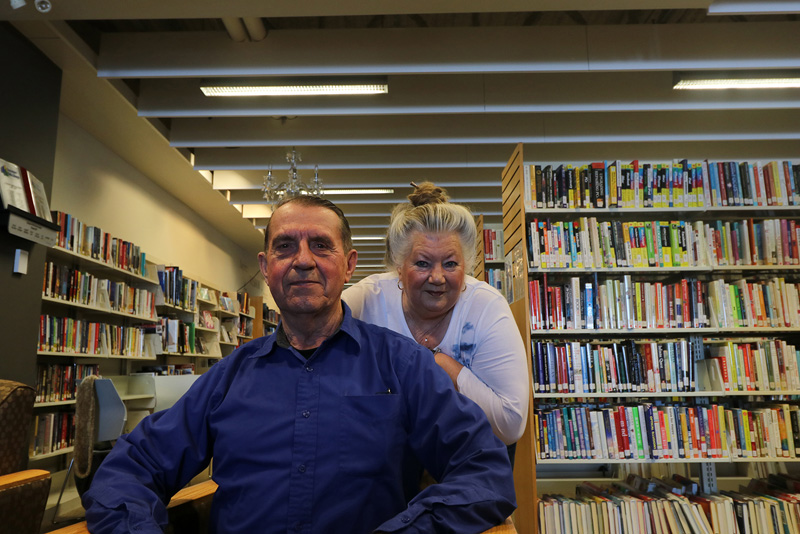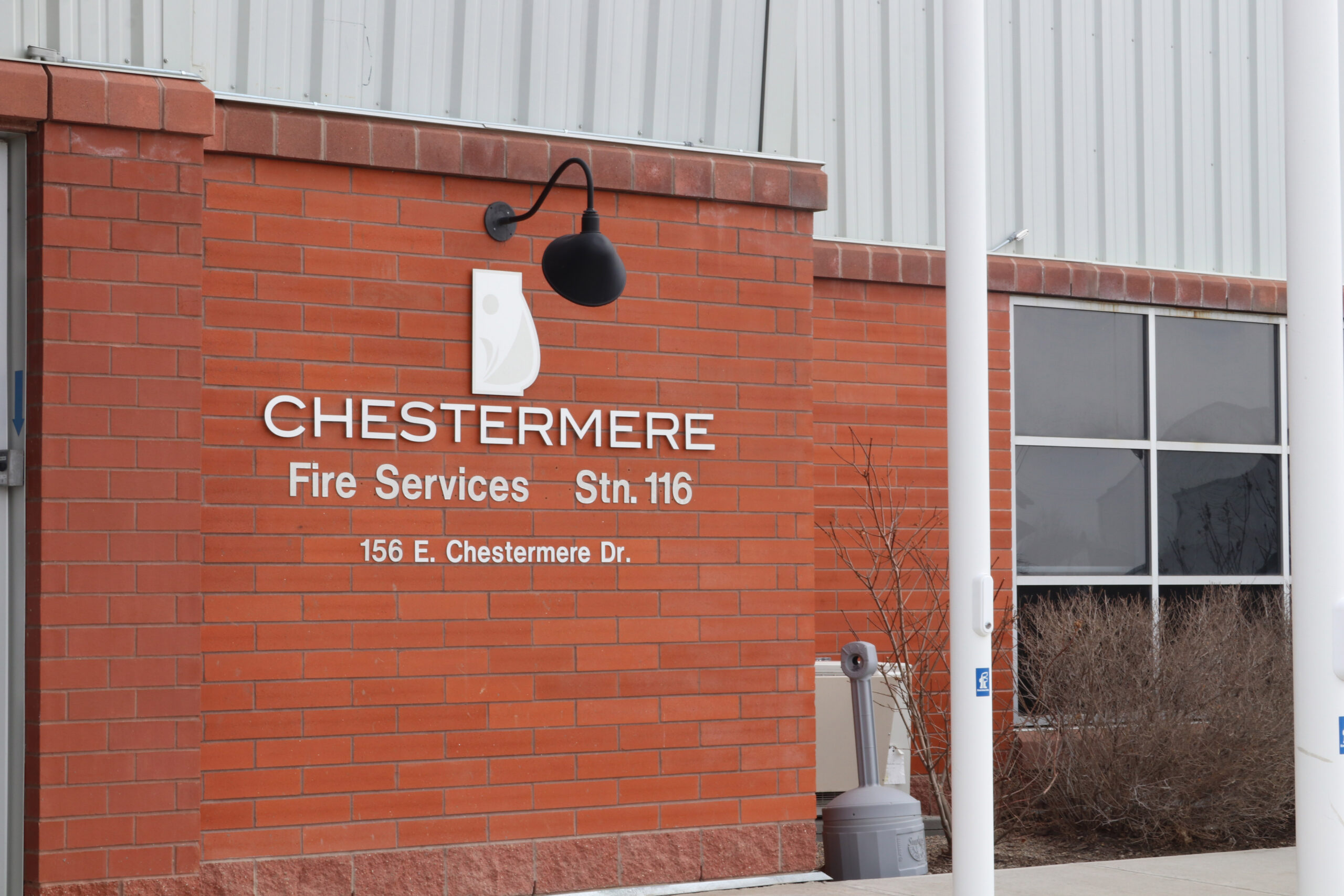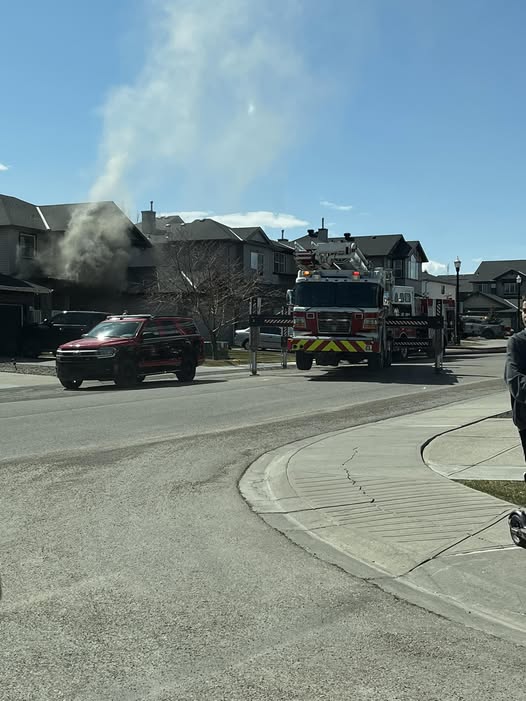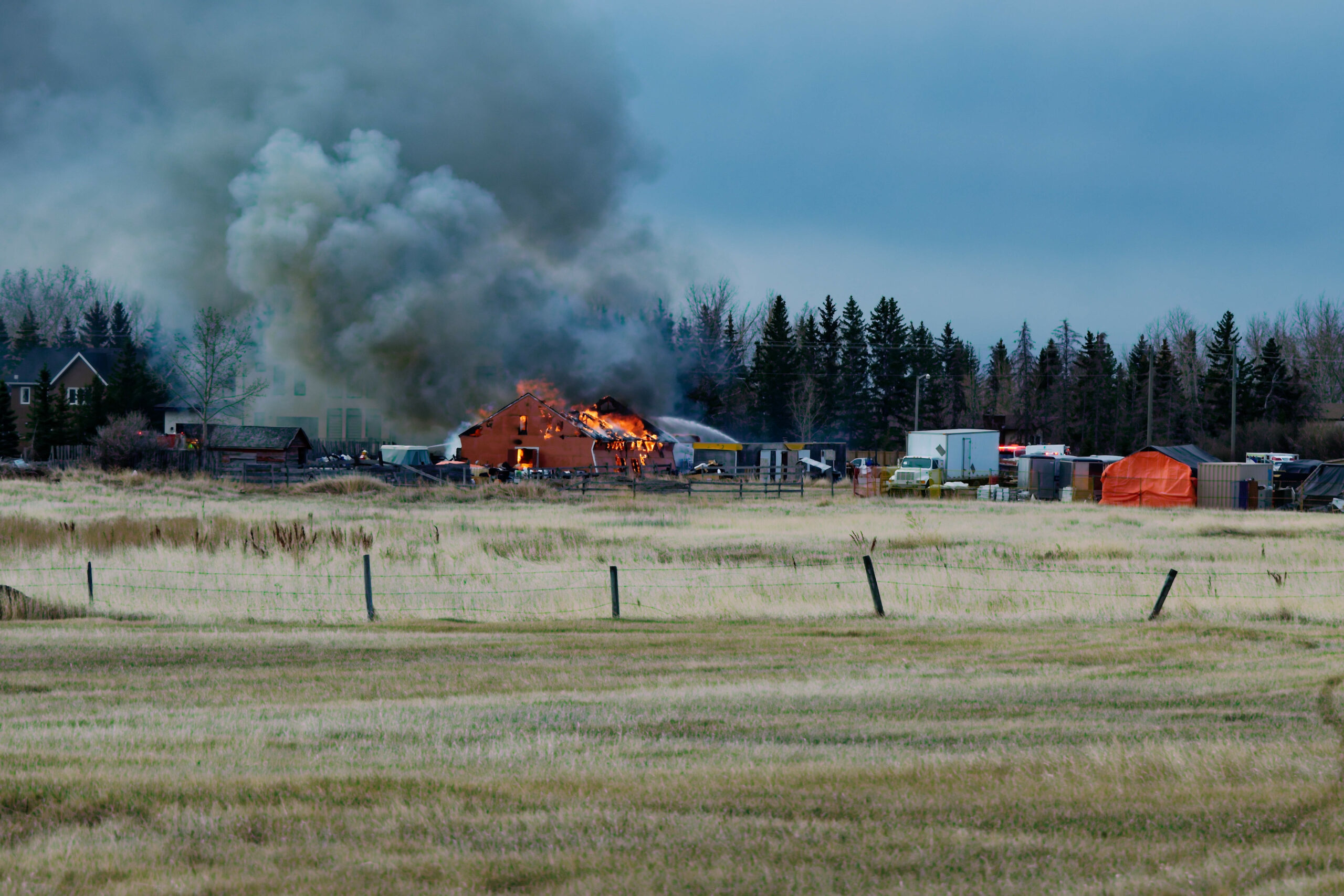
Chestermere has come from farms and summer-only cabins, to million-dollar homes, and the Webster family was witnessed all that growth first hand.
“When we came here, there were very few houses around, it was mostly farm land,” said third generation Chestermere resident Dave Webster.
“There was nothing out here, if you didn’t have a large enough farm you couldn’t survive out here,” Webster said.
He added, “I came to Canada in 1946, I’ve lived in Chestermere ever since.”
In 1911, Webster’s grandfather moved to Chestermere, where he resided in a full-size house with a barn that was used as a delivery stable, and to house the occasional person traveling into Calgary for the night.
“From out here to Calgary was considered a long way,” said Webster’s spouse Lorraine Webster.
“We supplied fishing supplies for people during the summer, we used to sell chips and cinnamon buns, live bait, all kinds of sporting goods, but back then it was very plain compared to what it is nowadays,” Dave said.
He added, his mother looked after the house, confectionery and fishing supplies store while his father worked in Calgary as a machinist and carpenter when he wasn’t in the hospital.
“He was messed up pretty bad from the Second World War. My dad suffered from Post-Traumatic Stress Disorder (PTSD), us kids had to do a lot of the chores that were necessary to keep surviving,” Dave said.
“He had a tough life, and my mother definitely had a tough life,” he said.
All Chestermere was, was a place to live and to grow vegetables, Dave added, growing up his family had a cow, pigs, rabbits and chickens.
Most of the garden material was canned for the winter, any meat was smoked, and then stored in the ice house, and in the wood shed so the animals wouldn’t get it.
“I was raised on the water from the lake. There was no washing zoo stuff into there, the lake didn’t have the algae, it didn’t have the weeds. It was crystal clear water, I used to sit on the edge of the boat, I would sit there and see the perch swimming.
“We swam in it all the time, we bathed in it, we drank it, in the winter we used to cut ice and pile it for the ice house,” Dave said.
He added, underneath the house was a hole lined with rocks and cement that would fill with rain water from the roof that was used for washing and for bathing.
“It wasn’t the nicest stuff to drink, because the roofs were all tarred, so it had that petroleum taste all the time,” Dave said.
“I, as a kid, used to come out here, that’s when we discovered I had played with him when I was five years old,” Lorraine said.
Years later, when Lorraine moved to Chestermere to be with her husband, there was no water, no sewer, and no gas.
After paying $50 to have electricity in their house, the newly-wed Webster’s were like little kids checking to see how all the electrical things they received for wedding presents worked.
Lorraine learned how to cook using a coal and wood stove, and during the winter she would sit with her daughter on her lap, and her feet pressed against the stove in order to not freeze in the house.
“The only heating there was in the house was an oil heater, and the coal and wood stove. I would get up three or four times during the night to go a put some more material in the stove, so everything didn’t freeze,” Dave said.
He added, “When you have no facilities and no money, it’s challenging.
You have to put your mind to what you want to do, you might not do it at the speed you want, but there’s always a way.
“There were a lot of things that we wanted, but we couldn’t have, so what we did have we looked after it very carefully.”
Chestermere only began to see major changes after sewers were brought out to residences, Dave said.
“That was the only way to build houses, and get people to come here, because it was classified as a slough, nobody wanted to live by the stinking slough.”









